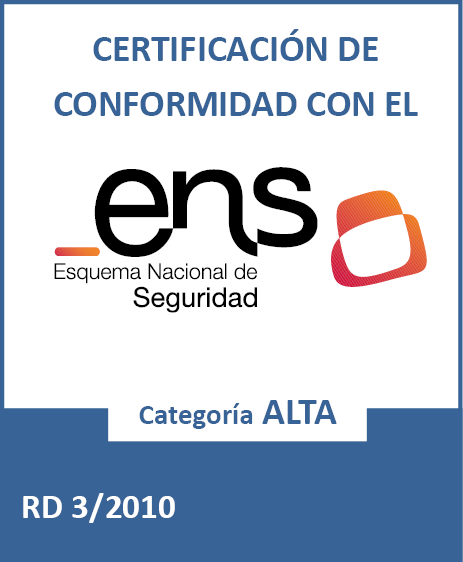HOW TO SECURELY REDACT PDF DOCUMENTS IN 2026: MISTAKES TO AVOID
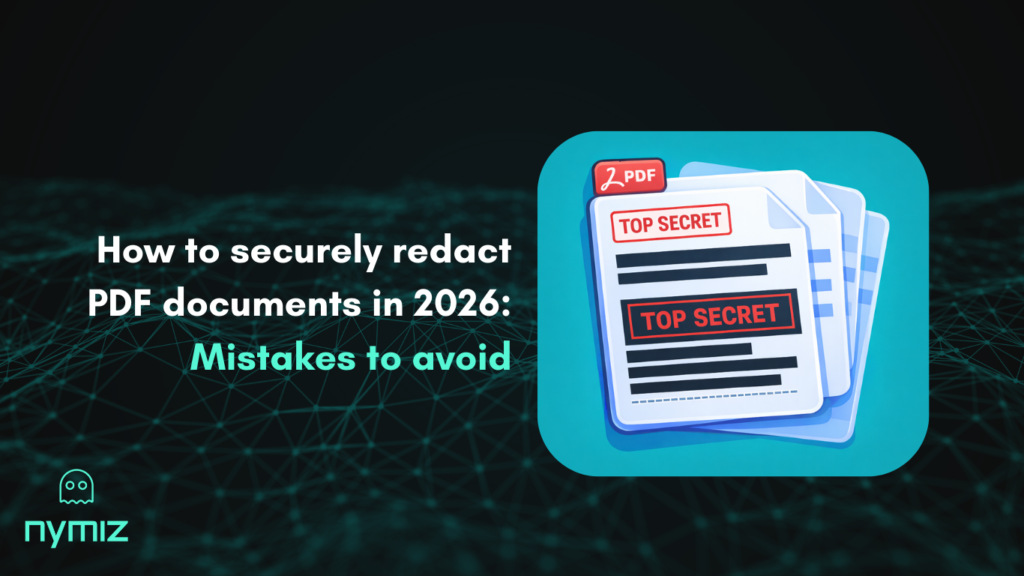
In recent years, the number of redacted documents, particularly in PDF format, has grown exponentially due to the rise of automated processes powered by artificial intelligence. AI-generated reports, automated legal analyses, and digital workflows have led to the circulation of thousands of documents containing sensitive data across organizations every month. However, this growing volume has […]
COMO PREPARAR DATOS SENSIBLES PARA 2026: INNOVACIÓN, IA Y PRIVACIDAD SIN RIESGOS
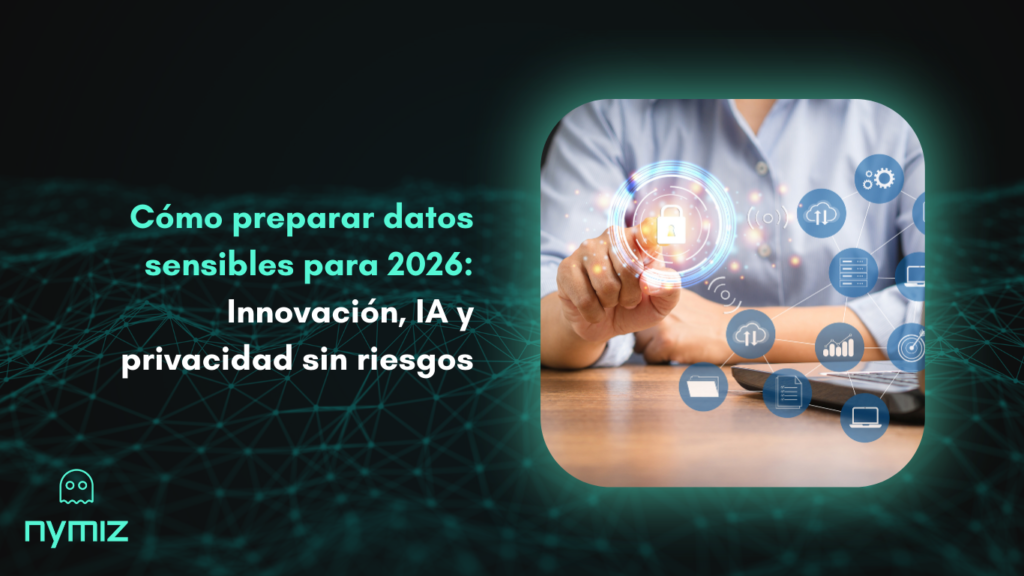
En un entorno donde la privacidad es tan crítica como la innovación, las organizaciones que gestionan datos sensibles deben prepararse ya para 2026. La combinación de IA generativa, nuevas normativas europeas (como el AI Act) y una ciudadanía más consciente ha elevado el estándar de protección de datos. Este artículo identifica los principales errores que […]
HOW TO PREPARE SENSITIVE DATA FOR 2026: INNOVATION, AI AND PRIVACY WITHOUT RISK
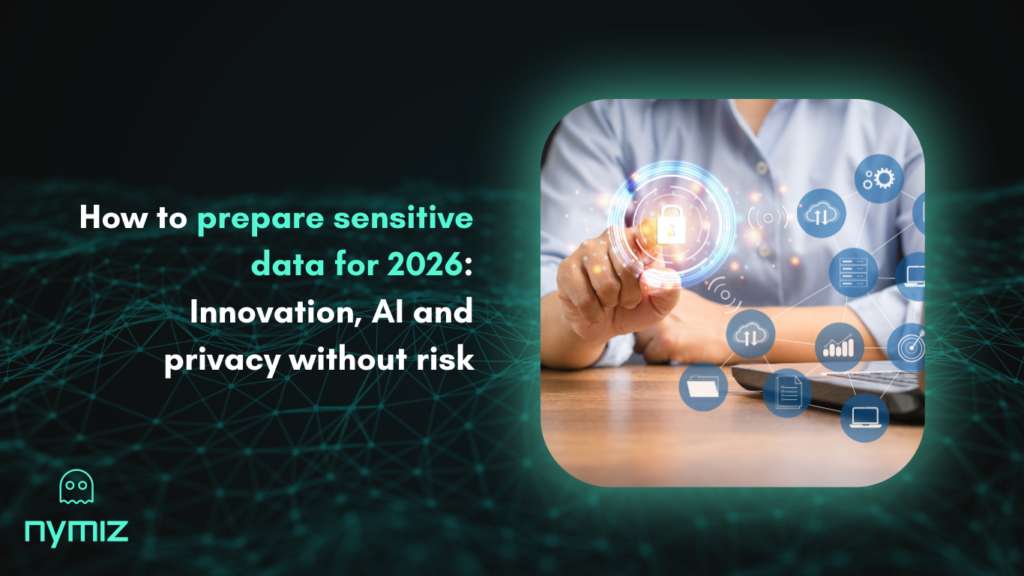
In a landscape where privacy is as critical as innovation, organizations handling sensitive data must act now to prepare for 2026. The convergence of generative AI, new European regulations (like the AI Act), and a more privacy-aware society has raised the bar for data protection. This article identifies the key mistakes holding back digital transformation […]
NYMIZ LOGRA UNA PATENTE ESTRATÉGICA EN ESTADOS UNIDOS PARA SU TECNOLOGÍA DE ANONIMIZACIÓN DE DATOS CON IA
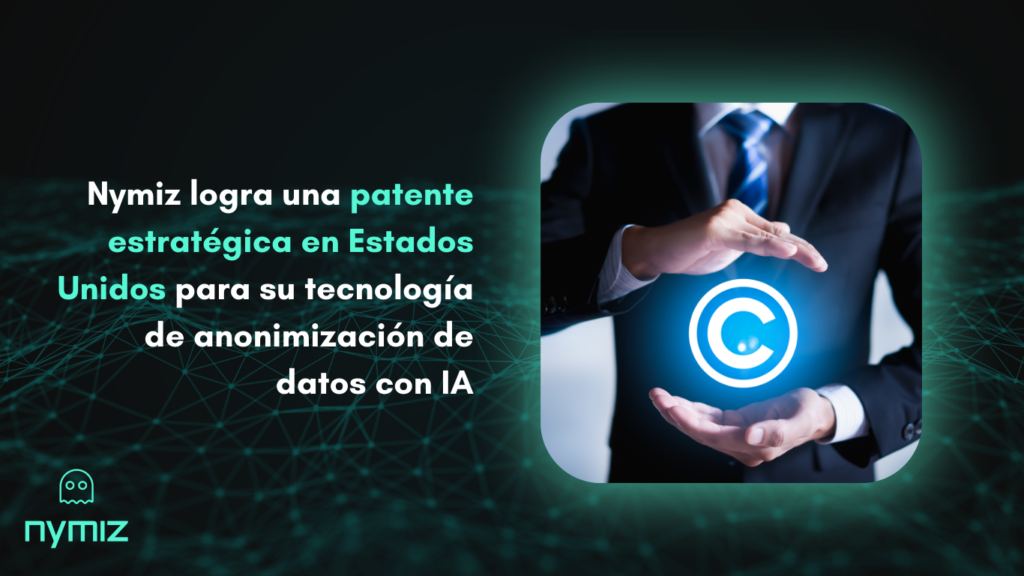
La startup vasca de ciberseguridad, asesorada por el equipo de Herrero & Asociados, consigue la concesión directa en tiempo récord y sin objeciones de la USPTO Madrid, 27 de noviembre de 2025.- Nymiz, startup vasca especializada en ciberseguridad y privacidad de datos, ha obtenido la patente estadounidense titulada “Automated anonymization of non-structured and semi-structured documents”. […]
NYMIZ OBTAINS A STRATEGIC PATENT IN THE UNITED STATES FOR ITS AI DATA ANONYMIZATION TECHNOLOGY
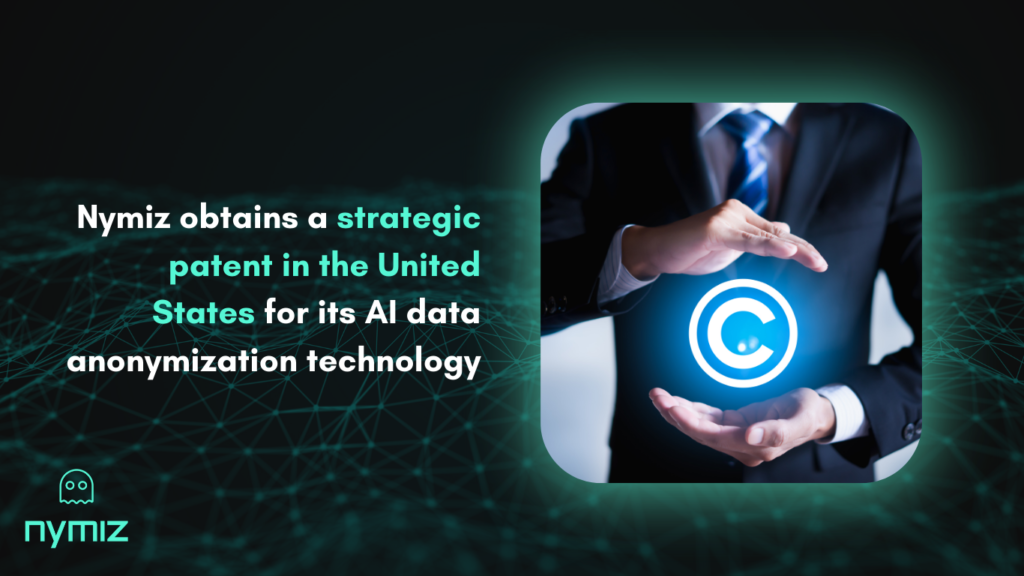
The Basque cybersecurity startup, advised by the Herrero & Asociados team, obtains direct approval in record time and without objections from the USPTO Madrid, November 27, 2025.- Nymiz, a Basque startup specializing in cybersecurity and data privacy, has obtained a US patent entitled “Automated AI data anonymization of non-structured and semi-structured documents.” The grant, achieved […]
HOW TO CHOOSE THE BEST DATA ANONYMIZATION TOOL FOR YOUR BUSINESS IN 2025
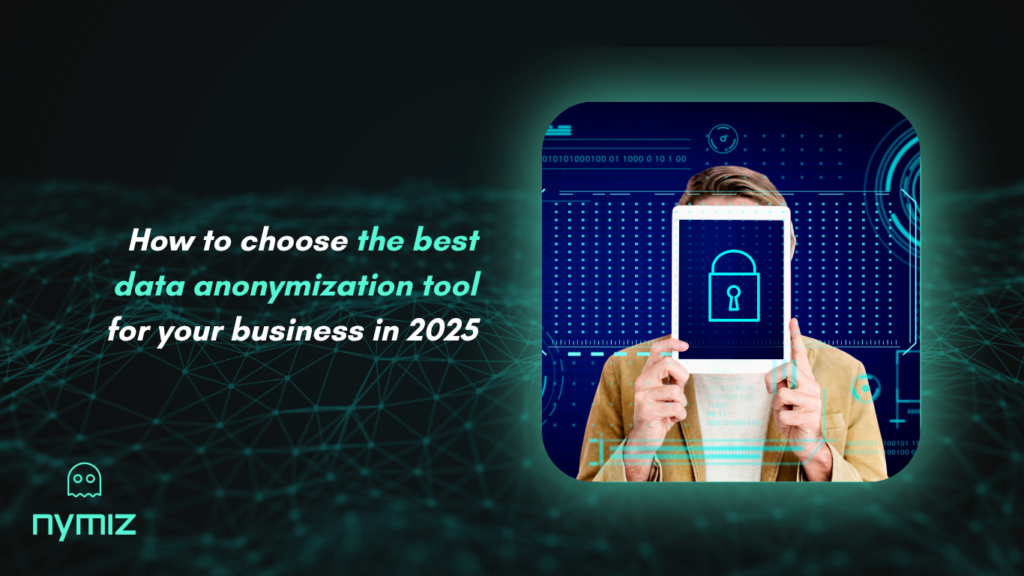
At the beginning of the year, this article focused solely on traditional criteria for choosing data anonymization tool. Given the rapid pace of generative AI, the globalization of data, and increased regulatory pressure, we have expanded the guide to reflect a new reality: choosing a solution that not only complies but also preserves the value […]
Artificial intelligence law in Italy: everything you need to know
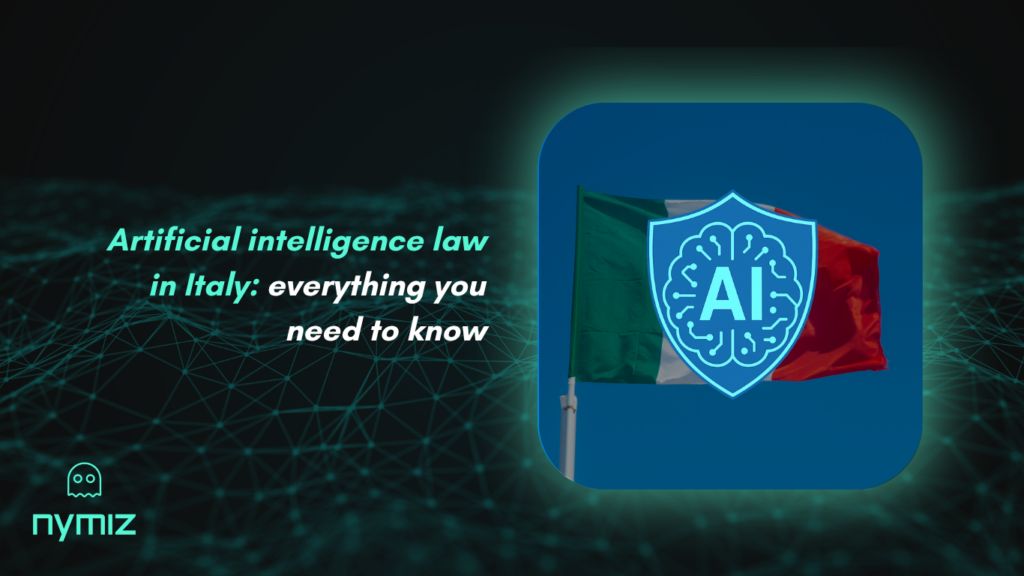
The massive emergence of artificial intelligence (AI) presents enormous opportunities: advanced automation, more accurate predictions, improvements in health, finance, and public services. But at the same time, it brings with it very specific challenges: algorithm transparency, hidden biases, automated decisions without human oversight, and risks to personal data privacy. In this context, Europe has […]
THIRD-PARTY CYBERATTACKS: 3 STEPS TO PROTECT YOUR DATA WITH PRIVACY AS INFRASTRUCTURE
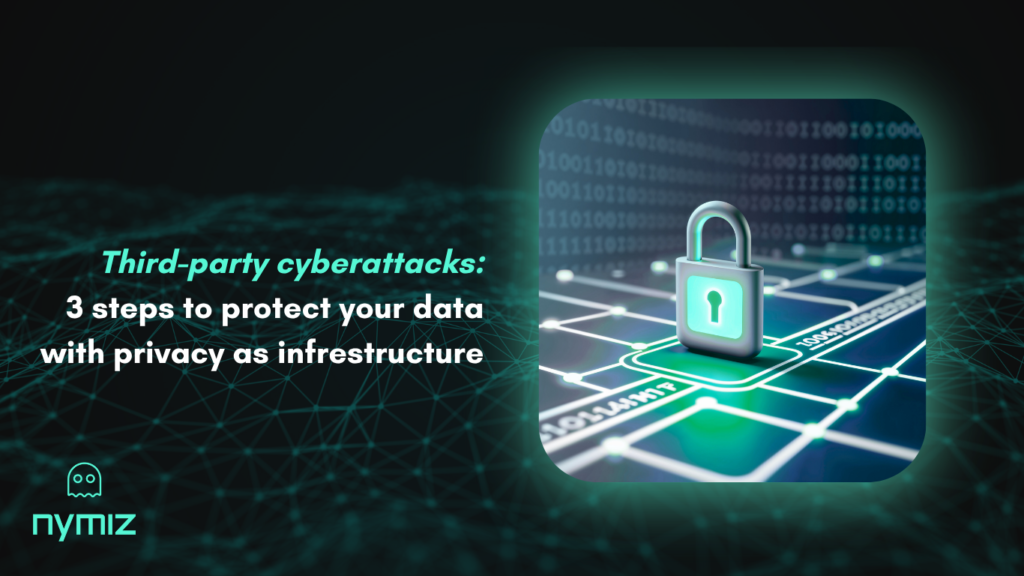
For years, organizations have strengthened their internal defenses, convinced that the danger was beyond them. But the landscape has changed. Today, third-party cyberattacks are the new gateway to the heart of businesses. Cybercriminals no longer seek to directly attack large corporations, but rather infiltrate through suppliers, agencies, and technology partners that handle sensitive information. From […]
HOW TO TRULY PROTECT AN EXCEL FILE (A PASSWORD ISN’T ENOUGH)

In the day-to-day operations of any organization, Excel files are an essential tool for managing information. They contain everything from client lists and employee payroll to critical financial data. To secure these files, the most common practice is to use a password. However, is this measure truly secure? The data reveals a disturbing reality. Every […]
Do you trust your AI? Why human oversight is more important than ever
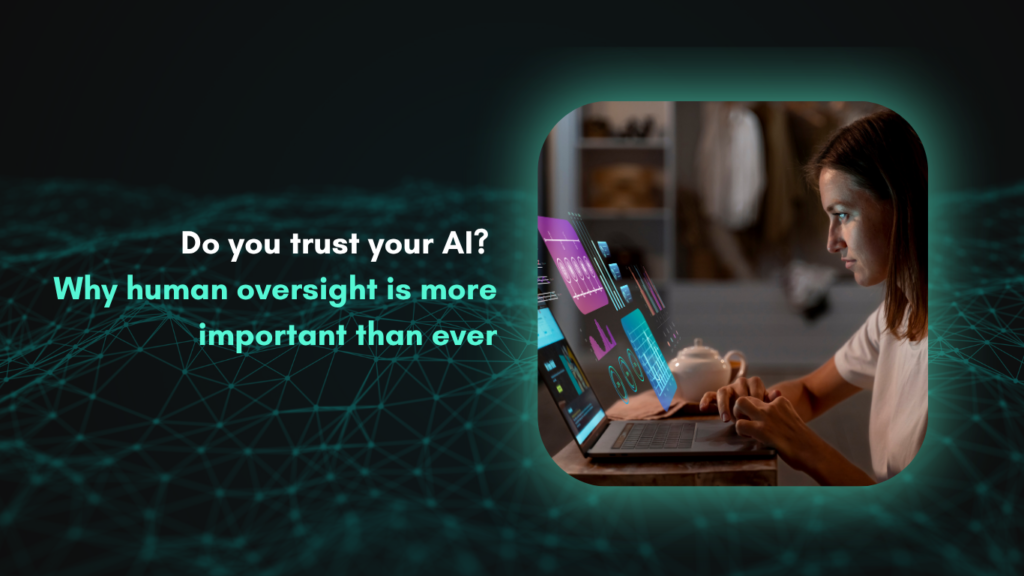
Artificial intelligence is rapidly transforming industries by streamlining decision‑making and automating complex processes. However, growing reliance on AI systems has spurred serious concerns around privacy, bias, accountability, and ethical governance. Today, the pressing question for organizations is no longer simply whether to use AI, but how to ensure that human oversight remains central throughout its […]



